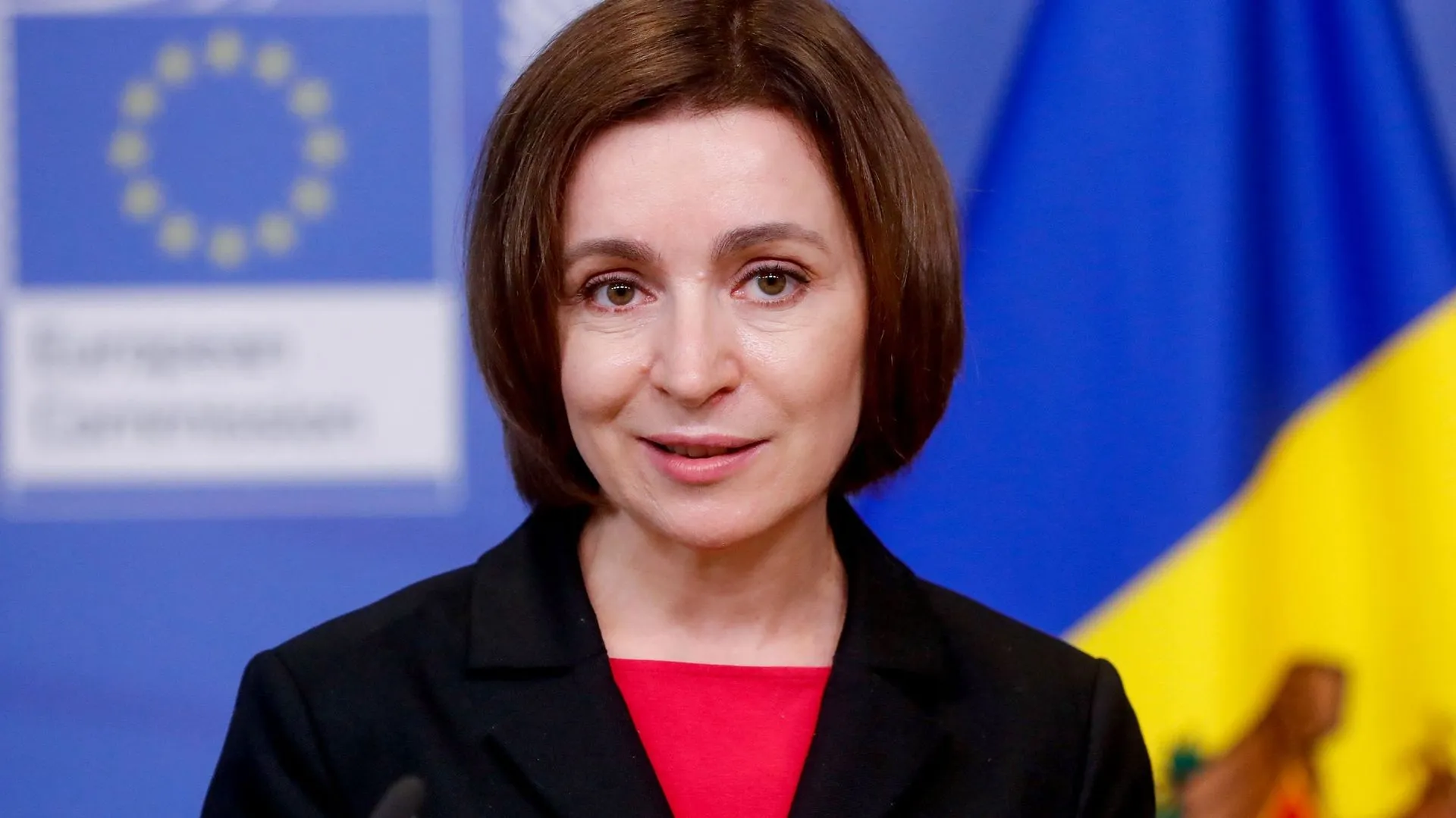Moldavie Elections: A Tight Race for EU Membership

Moldavie Elections Spark EU Membership Debate
Moldavie faced a pivotal moment as citizens voted in a referendum regarding the inclusion of EU membership aspirations in the Constitution. The outcome was exceedingly close, with over 98% of votes counted early Monday morning by the electoral commission. Initially trailing, the anti-EU faction saw a surprising turn as diaspora ballots sufficed to shift momentum. Ultimately, the pro-EU 'yes' secured a narrow lead with 50.03% of the vote.
Political Reactions and Implications
In her first official response, President Maia Sandu condemned the result, labeling it 'an unprecedented attack against democracy' while vowing not to bend under pressure. She accused criminal groups and foreign entities of launching significant 'attacks' that sought to destabilize Moldova through misinformation and propaganda.
Having pivoted away from Moscow amid the Ukraine conflict, President Sandu convened this referendum to validate her pro-European strategy and ascertain the future of this 2.6 million-strong ex-Soviet republic. However, experts suggest this close result complicates her leadership image as Moldavie's pro-EU sentiment appears weakened.
Looking Ahead
- Pro-EU Position Challenged: Although the 'yes' vote barely leads, it raises questions about the strength of EU support among citizens.
- Geopolitical Context: The environment in Eastern Europe remains fragile, particularly with ongoing tensions in Ukraine and rising authoritarianism in Georgia.
- Future Leadership: Maia Sandu's role as a key European figure may face challenges due to this uncertain electoral outcome.
The upcoming days will reveal how Moldavie navigates through this political crossroads, and further developments should be monitored closely.
This article was prepared using information from open sources in accordance with the principles of Ethical Policy. The editorial team is not responsible for absolute accuracy, as it relies on data from the sources referenced.